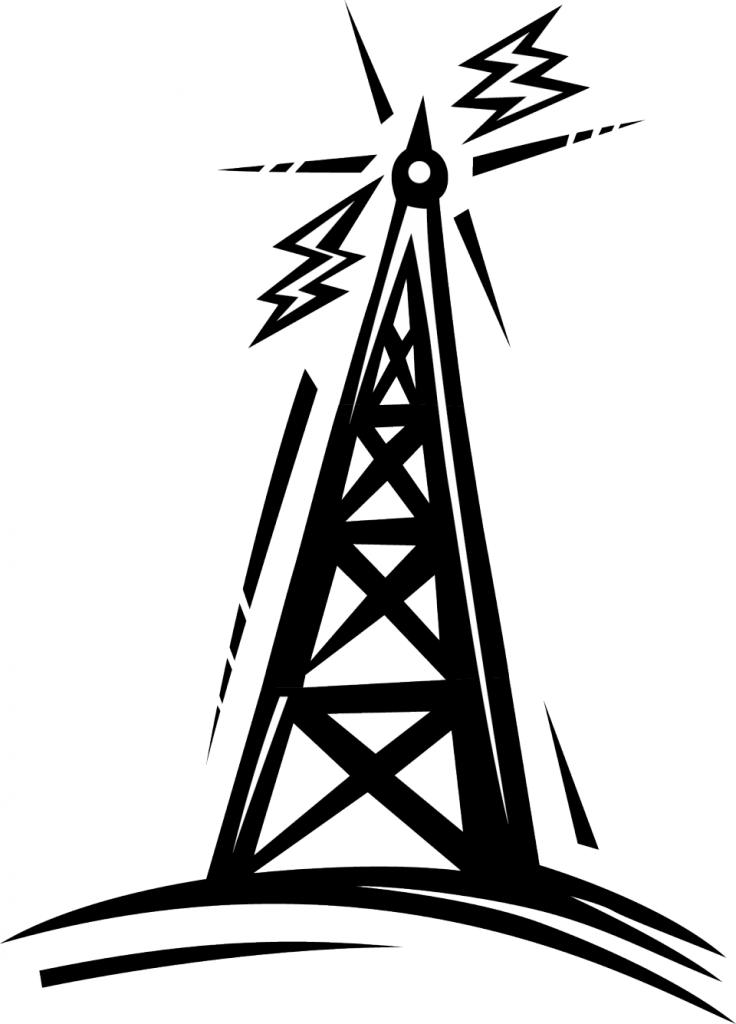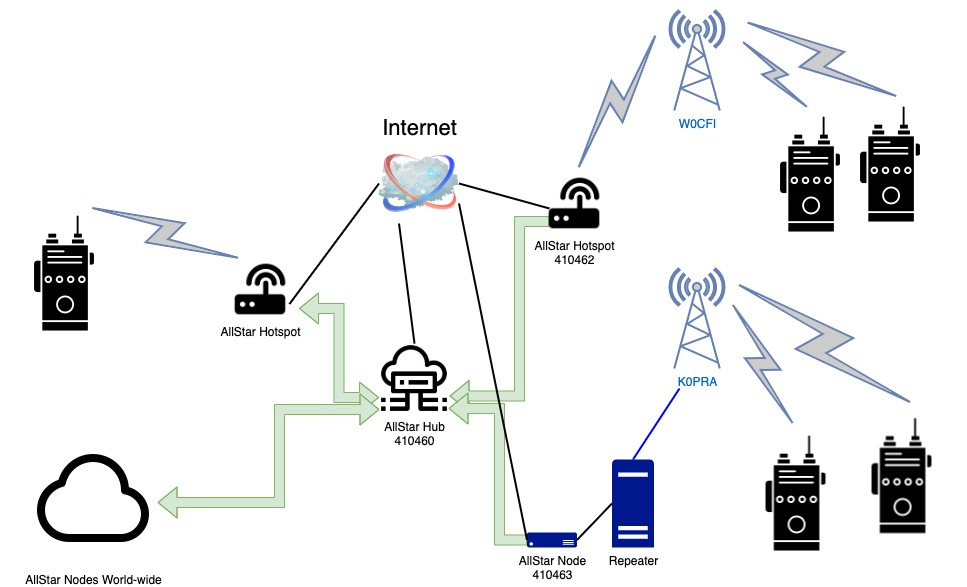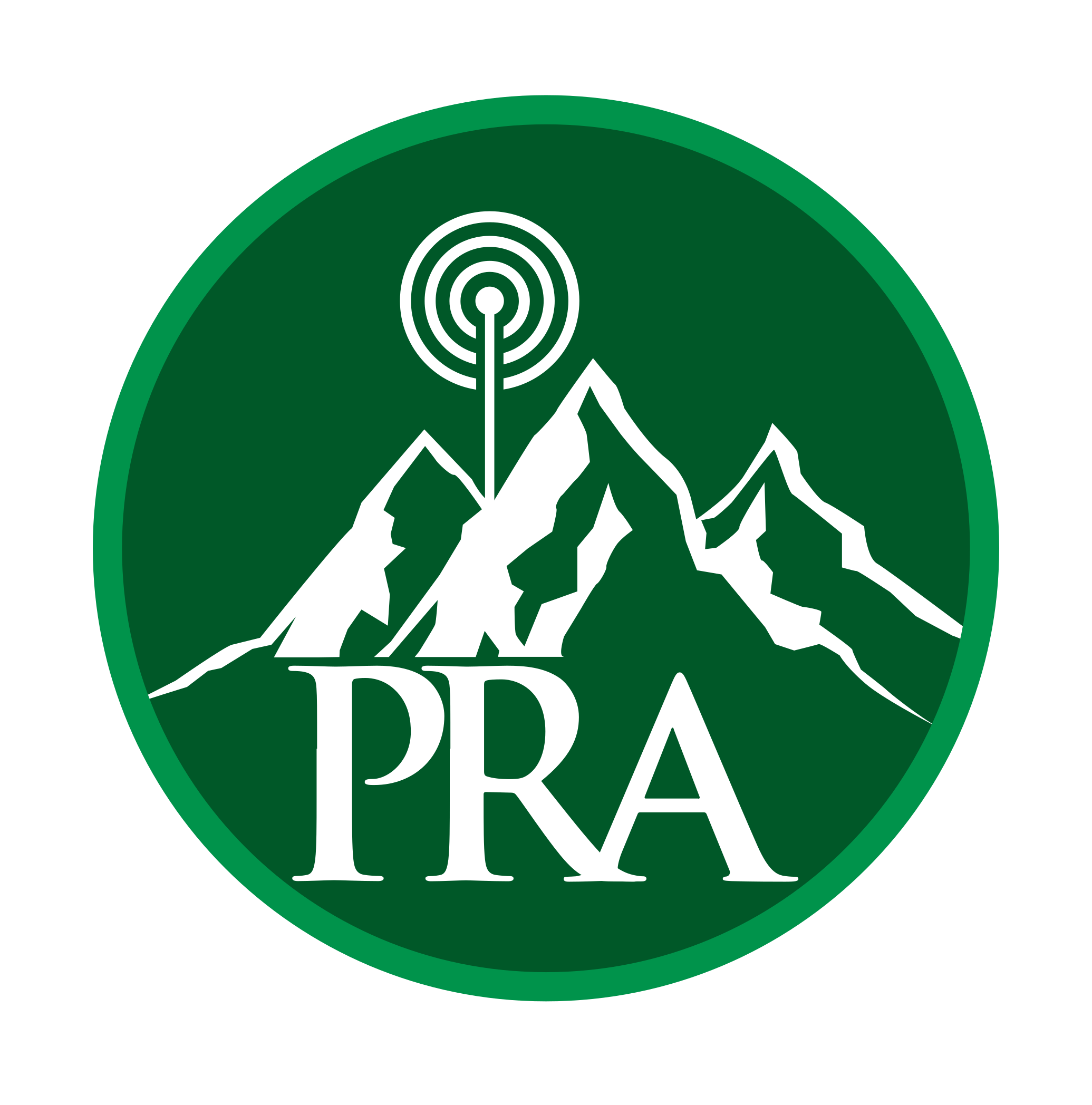
Weekly Nets
- Every Monday – Digital Net – 8PM on D-Star Repeater 446.850 – or XLX via XLX720D or DCS720D DMR Repeater 445.075 – BM TG 310759, TS1, CC1 Fusion Repeater 447.225 – WiRES-X Room 40895 “Colorado-Mega”. Or via Fusion Hotspot on YSF 23160
- Every Saturday – Analog Net – 8:00AM (unless there’s a PRA Meeting) on K0PRA 145.250 -600kHz offset, 123Hz tone, as well as AllStar node 410460 and Echolink K0PRA-L.
- We need YOU as a Net controller! It’s easy! Go to the events page, click on an unassigned Net and fill out the form! It’s really that easy. Need a script? Here you go!
Analog Repeaters – All linked to PRA AllStar Hub 410460
| CallSign | Status | RX Frequency | TX Frequency | OffSet | CTCSS Tone | Location | Comments | Band |
| KØPRA | ONLINE | 145.250Mhz | 144.650Mhz | -600hz | 123Hz | Mestaa’ėhehe Mountain | Wide area coverage. Also accessible on EchoLink K0PRA-L |
2M |
| N2PDQ | 449.425Mhz | 444.425Mhz | -5Mhz | 123Hz | Parker, CO | Parker (south metro) coverage | 70cm | |
| KØPWO | 448.775Mhz | 443.775Mhz | -5Mhz | 123Hz | Elbert County, CO | Elbert County coverage | 70cm | |
| N2PDQ | 927.925Mhz | 902.0125Mhz | -25.9125Mhz | 100Hz | Centennial, CO | Parker (south metro) coverage | 33cm |
AllStar Link
What’s AllStar Link? In simplest terms, it’s a way to connect analog repeaters and/or radios over the Internet. The mechanics are actually quite similar to the DMR/D-STAR/C4FM digital modes you’re probably already familiar with. The key difference is, the digitizing of your voice doesn’t happen inside your radio, it happens inside an AllStar node – a bit of hardware connection between the repeater and the Internet. Another difference is, unlike the “talkgroups” / “reflectors” / “rooms” we use in digital modes, in AllStar Link, every node itself is connectable. In other words, every AllStar Link node is a “talkgroup!”
Our AllStar Link system runs a “hub and spoke” model where spokes may be permanent links to nodes deployed on our own analog repeaters or semi-permanent nodes deployed by hams to provide analog coverage to their own neighborhoods. The PRA AllStar hub fully supports inbound and outbound linking world-wide. PRA members can manage the PRA hub links via the PRA AllStar Hub page.

Digital Repeaters
| CallSign | Status | RX Frequency | TX Frequency | OffSet | Location | Comments | Band |
| KØPRA | ONLINE | 446.850Mhz | 441.850Mhz | -5Mhz | Mestaa’ėhehe Mountain | D-Star Default link is Colorado Mega DCS720-D |
70cm |
| KØPRA | OFFLINE | 445.075Mhz | 440.075Mhz | -5Mhz | Centennial, CO | DMR Color Code 1. Time slot 1 linked to BM Talk Group 310759. Time slot 2 linked to BM Talk Group 310844 |
70cm |
| N0KEG | ONLINE | 447.300Mhz | 442.300Mhz | -5Mhz | Mestaa’ėhehe Mountain | DMR Color Code 1. Time slot 1 linked to BM Talk Group 310759. Time slot 2 linked to BM Talk Group 310844 |
70cm |
| KØPRA | N/A | 447.225Mhz | 442.225Mhz | -5Mhz | Parker, CO | Wires-X/C4FM Default link to Colorado Mega linked room 40895 |
70cm |
| N2SRK | 445.100Mhz | 440.100Mhz | -5Mhz | North of Hess reservoir | D-Star Default link is Colorado Mega DCS720-D |
70cm |
Please see the dashboard links below for more information on these digital machines.
Parker Local Reflector (TG 310844 / XLX720-C)
Access to the Parker Local system is available via DMR, DSTAR or YSF Reflector 23160 TX DG-ID 12.
You can access the Parker Local system via DMR on XLX720-C in DMRGateway mode from your hotspot. This talk group is statically linked to time slot 2 across the K0PRA DMR repeaters.
Brandmeister DMR talk group 310844 is another way to get in, however, there are stability issues with Brandmeister links.
You can access the Parker Local system via DSTAR on DCS720-C. Feel free to link the Mestaa’ėhehe Mountain K0PRA DSTAR machine to DCS720-C for access to the Parker Local system.
Colorado Mega Reflector (TG 310759 / XLX720-D)
Access the Colorado Mega system via DMR, D-Star, C4FM ,Wires-X or YSF Reflector 23160.
You can access the Colorado Mega system via DMR on XLX720-D in DMRGateway mode from your hotspot. This talk group is statically linked to time slot 1 across the K0PRA DMR repeaters.
Brandmeister DMR talk group 310759 is also linked into this module.
Wires-X repeater, node and PDN users – Link your device to the Colorado Mega 40895 Wires-X room.
Yaesu C4FM radio users via hotspot (Pi-Star, Openspot, etc…)
Reflector Dashboards: – View up-to-date reflector configuration via dashboard bellow:
- XLX720 Dashboard: https://xlx720.parkerradio.org
- Reflector Maintenance (Authorized personnel only)
Repeater Dashboards:
- K0PRA Mestaa’ėhehe Mountain DStar Repeater: http://k0pra.parkerradio.org/
Colorado Mega Reflector Tips and Tricks:
- Let the system drop – At any point in time there are no fewer than 40 devices linked together. Some on the internet, some via RF. The latencies amongst all of these links can vary from 10s or 100s of milliseconds and in some cases a full second or two. After hearing a transmission, don’t quick key the system like you would on a single analog FM machine. All of the devices involved need to completely drop when crossing modes. If all the links don’t get a chance to drop, you may only re-key half the system or none of it at all. Be patient and let the system drop for a full 1 to 2 seconds before replying to a QSO or during busy times like net check-ins.
- Let the system come up – The opposite is also true. The system needs ample time to key up 3 different digital modes on dozens of machines. After the key-up command makes it to a particular device, the RF transmitter on these machines need a few hundred milliseconds to settle down and make a clean transmission. So when keying up the system, key the mic and count 1-Mississippi in your head before actually speaking. This will prevent the 1st part of your transmission from being cut off.
- Use ITU standard phonetics during check in – Please use standard phonetics when checking into nets on a multimode digital system.
- Brandmeister – The vast majority of the time, traffic between the Colorado Mega system and Brandmeister will go through Master Server 3103. In order to keep points of failure to a minimum, if coming through Brandmeister connect your hotspot to 3103. There are known performance issues with the Brandmeister links, whenever possible link directly into our system.
- Register a DMR ID – Even if you are using a mode other than DMR, the DMR ID database is used for call sign lookups on the dashboards and call routing. If you do not have a DMR ID, your callsign will not be visible to most of the system. It’s free and easy to register a DMR ID to be linked to your call sign. Visit https://www.radioid.net/register#! for more details.
